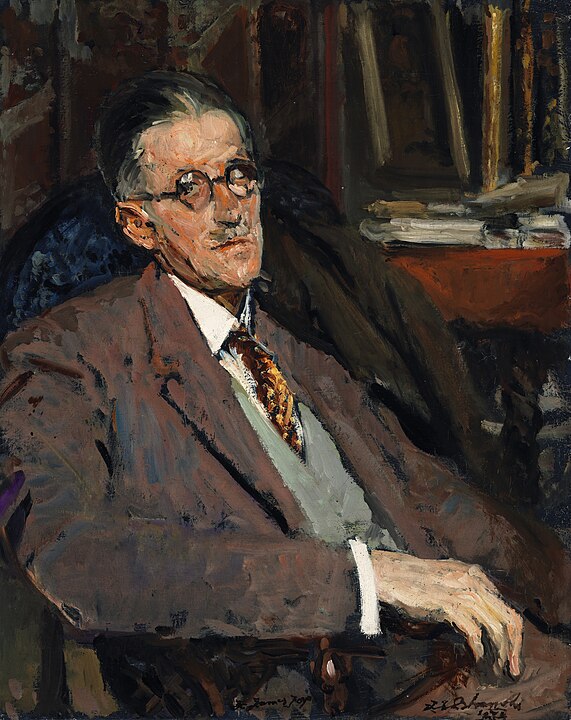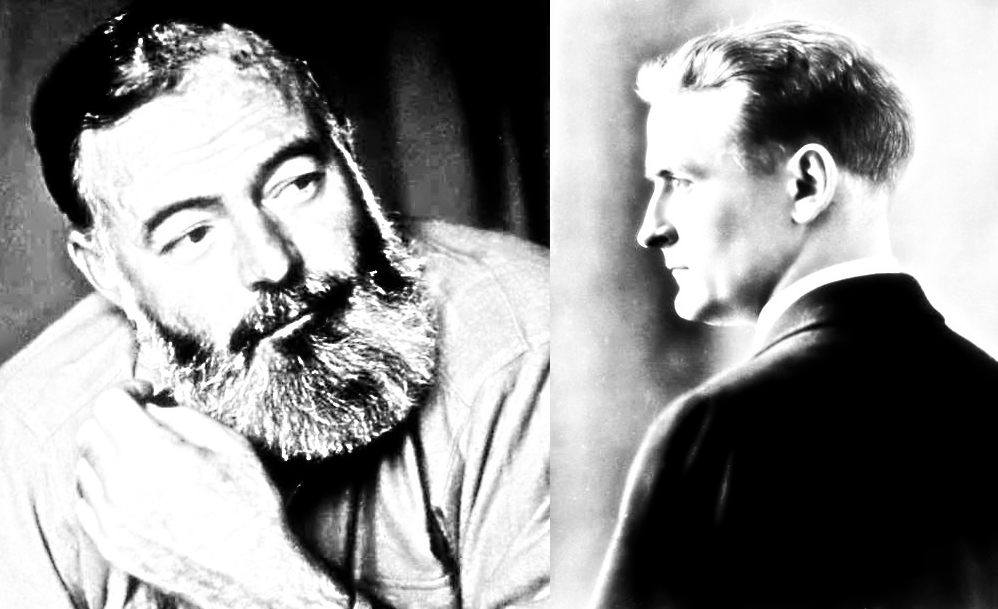There are a few months that share a sort of unglamorous view in my mind. Those months include January, February, and September. I assume these months stick out in my mind as disinteresting because of their lack of holiday spirit; but, also, these months are transitional periods into new points of the year. January and February march into spring, while September takes us into the ugly death (and beauty) of October and then the joyous (yet chilly) rebound of November.
September is the month in which most schools start back up, and when the darkness encroaches on both ends of the day, and when the spirits of the long day seem to be the most toothsome (okay mostly just in my choice of literature). Today, we are going to sing an ode to September as best we can do on the blog by reading some poetry that embraces the month of transition, while also exploring the themes of seasonal grief and death, and joyous celebration at the upcoming autumn.
September grief
We start with the perceptive view of September as a month of images and pre-autumn banality. H. Stuart writes, “Dust-grey beneath the wide / Cold light that these days take, / Gathering the calm grief / Into the face of the skies.” In other words, Stuart laments the change into “dust-grey” and uses the “cold light” to inform us of less lively voice that September uses to inform us of its arrival.
The “calm grief” is such a wonderful way to point to Septembers melancholy. The month of somber reflection before the leaves turn color and before the sky becomes threatening. Those days are yet to come, but the warning signs are in the air. The summer is dead now–or at least dying– and “Out of the heart-ache / The mortal heart denies.”
I always feel as though the writing bug picks up in September, but I am also a proponent of reflective writing. What this means is that this time of the year helpf e consider what I have done and what I would like to do in the future, knowing that winter will be long and cold. Somewhere, though, on the other side, I will emerge with renewed interest in life and process.
Summer’s funeral
And, with that, we touch on one of the more common themes of September: the death of summer. Truly, the liveliness of summer stands in contrast to what September offers us as far as a season–the reminder that all life comes to an end. It’s dark, but some poets understand the great metaphor in this change.
William Wordsworth wrote in “September 1819” that “Departing summer hath assumed / an aspect tenderly illumed, / The gentlest look of spring; / That calls from yonder leafy shade / Unfaded, yet prepared to fade, / A timely carolling.” Wordsworth tells us in so many words that while life has come to death, the September “carolling” should be a reminder that the song is not put out, but it is fading into the colder months.
Likewise, the smell of summer is over, and in its place is the natural putrescence of fall, neither stinking or reeking of death, but potentially of the grave. The leaves and earth smell of something peculiar…of change maybe? Of autumnal grief into death perhaps. However morbid, the change is expected as “Unfaded,” and “yet prepared to fade.”
Most of us have been trained to feel that the cycle starts anew in September, especially when the doors of the school bus open for the first time and welcome us on board for a new year. As a child, I always struggled with the first few weeks of school, longing to be back home and playing games with my family. I can only best describe this a as sort of “calm grief.”
A joyous time of reflection
Though the observations thus far have been both melancholy and grim, September speaks to the ahunted people (I being one of them) as a time of rejoicing, as while the business of summer is over, September is a time of relaxation and reflection–for which summer could only strive.
John Updike, in his poem “September,” informs us that there is gold amongst the multi-colored leaves in the brush. Often times, this “gold ” will merely be something that attaches to us through nostalgia or through experiential travel, such as going to the pumpkin patch or on a hay ride. With that comes a feeling of September.
Updike writes that “The breezes taste / Of apple peel. / The air is full / Of smells to feel,” and he is right about that. The smell of autumn attaches itself to us like a warm coat and gives us a sensory experience. Bonfires, cool nights, wet leaves and grass on our skin.
Likewise, he ends his poem by writing that “…the days / Are polished with / A morning haze,” and as somebody who is up early to head to school each day, the morning haze is especially potent this time of year…and it is certainly welcoming.
Works cited
Stuart, H. “September.” Poetry Foundation. Web. https://www.poetryfoundation.org/poetrymagazine/browse?volume=29&issue=1&page=43
Wordsworth, William. “September, 1819.”
Updike, John. “September.”








Leave a Reply